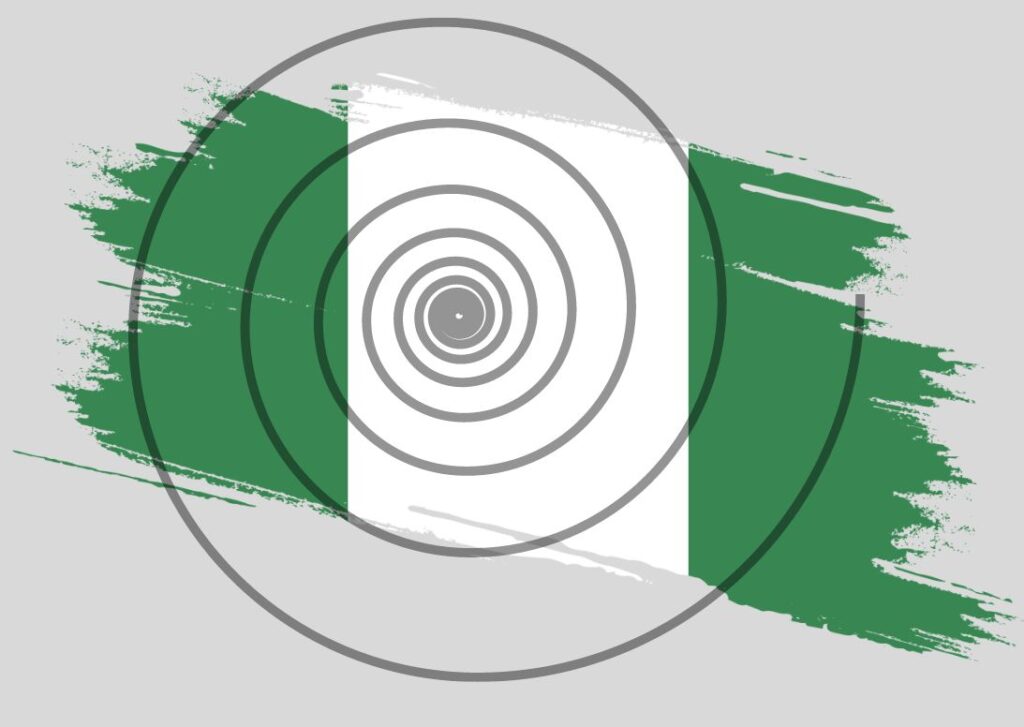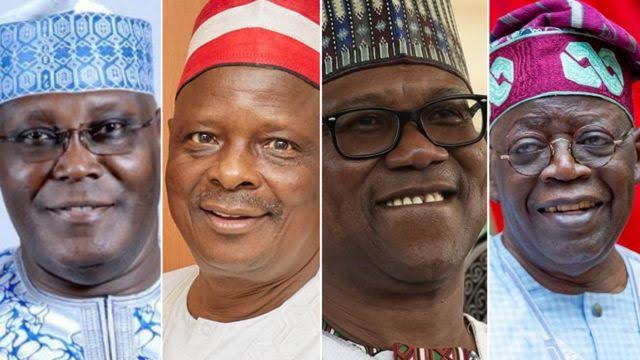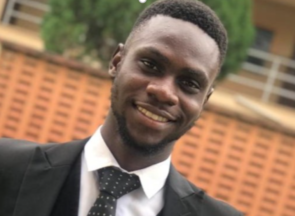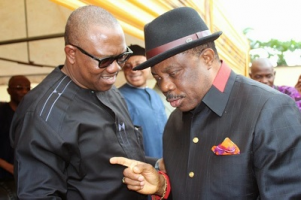Nigeria’s Turbulent Journey: Who is to Blame? by Chukwuemeka Oluka
This journey traces a trajectory from ‘Yesterday,’ through ‘Today,’ with a sneak peek into a destination, ‘Tomorrow.’ It is a journey of the most populous black nation on earth with over 200 million people comprising ethnically diverse nationalities trying to define their existence. This work presents an inflective introspection, appraisal and interrogation of Nigeria’s journey from 1960 since it gained independence. What have been the milestones, the failures, and the lessons learnt? Is there any hope for a better tomorrow? These remain the burning questions the writer seeks to answer. Going down memory lane, Nigeria was formed in 1914 when Lord Frederick Lugard amalgamated the Northern and Southern protectorates. This merger brought together over 250 ethnic divides and tribes into a British colony, and the name, ‘Nigeria’ was birthed. In 1960, Nigeria gained independence from British colonization and in 1966, the country experienced military coups that inadvertently overthrew a democratic government. This led to a civil war between the years 1967 to 1970. The death of over a million people during the Biafran — Nigerian civil war would remain a scar on the country’s history. As we capture this event dotting our memory lane, Nigeria is still battling to maintain its unity, with various ethnic groups. While some seek secession, others call for the restructuring of the country. Another dark side of our history was the annulment of the June 12, 1993 Presidential elections and the takeover of power by General Sanni Abacha’s military junta. Afterwards, advocacies and the national feeling and empathy at the time was for the Yoruba tribe to produce the next president in order to assuage them or smoothen already ruffled feathers for the woes that befell their kinsman, M.K.O Abiola. So, the herald of democracy in 1999 brought on board President Olusegun Obasanjo. Deservedly, the return to civilian rule during Obasanjo’s second tenure brought a noticeable transformation to the economy of Nigeria. There were debt cancellations, the massive transformation of the telecommunications industry and also the banking sector. As a result, the Gross Domestic Product (GDP) of the country stood head and shoulders above the rest in Africa and some analysts attributed the economic successes to the favourable international (crude) oil market at the time. The same economic mileages were recorded during the late President Umar Yar’adua and his successor, Goodluck Jonathan. However, a myriad of problems which include, bad leadership, dwindling oil revenues, extreme poverty, pervasive corruption, insecurity, divisive politics, ethnic strife and feuds continue to threaten our collective journey as a country. Political observers believe there remain North-South tensions foisted from the British colonial era and backed by the allegations of colonial favouritism towards Northern Nigeria. To these observers, the North’s numerical strength and massive landmass advantage mean other regions would continue to cry and wail about marginalization. There is no denying that at no time has the nation been so divided along ethnic and religious lines than today. Economic, ethnic, cultural and religious tensions which were the precursor of the three-year bloodshed during the civil war still stare us in the face. Yet, it appears we are in a hurry not to pick lessons from the war. President Muhammadu Buhari during his inauguration speech following the 2015 presidential election had said, ‘I belong to everybody and I belong to nobody.’ This statement suggested a disposition to foster an inclusive government. The expectation was for Buhari to further unite the country, but to the chagrin of many, the reverse became the case. It’s alleged that since independence, no president has mismanaged Nigeria’s rich ethnic and religious diversity like Buhari. From visible lopsided appointments, which seemingly favoured a particular section of the country, to the treatment of the Fulani herdsmen crisis with kid’s gloves, one cannot but conclude that President Buhari’s government smacked of strong parochial sentiments. Tellingly, there has never been any time the call for a break-up and self-determination has been this rife. While the Yoruba separatist leader, Sunday Igboho champions the course for a Yoruba nation, Nnamdi Kanu the leader of the Indigenous People of Biafra (IPOB) has refused to back down on the demand for a Biafra state. Similar agitations can also be identified within the Ijaw Nation down South. Under Buhari’s regime and having risen to power on the campaign to fight endemic corruption and insecurity in Nigeria, this double-edged sword of a problem kept defying the odds and threatening our journey. From the Boko-Haram insurgency in the North-East, to rural banditry in the North-West; from unknown gun-men attacks in the South-East to militancy in the Niger-Delta to herdsmen attacks in the North-Central and South-West regions, the story remains unabated. Security sector corruption has inadvertently led to the rising insecurity facing the country; brought about by the secrecy, bribery and corruption shrouding most Arms deals. How about elections in Nigeria? They are rarely free, fair and credible. This is why there are a lot of post-election litigations to challenge electoral rascalities or to retrieve stolen mandates. One may ask; Are the courts rising to the occasion in this direction? The Presidential Elections Petitions Tribunal that just delivered a ruling on Wednesday 6th September, 2023 readily comes to mind. Our democracy is seemingly threatened if the Judiciary wittingly or unwillingly allows themselves to be used by desperate politicians to legitimise their positions. The processes from which our leaders emerge have therefore become fundamentally flawed. Voters complain of intimidation and suppression, and these are stoked by ethnic tensions. These were the hallmarks of what characterized the 2023 general elections. Against the odds, however, sixty-two (62) years of this turbulent journey means Nigeria can still lay claim to over two (2) decades of uninterrupted democracy from 1999 till date. An opportunity presents itself for the country to go back to the drawing board with a view to forge the future our founding fathers envisaged. The greater responsibility lies with the present government to work towards an inclusive government and participation. The task before President Bola Ahmed Tinubu (if he conquers finally in the







